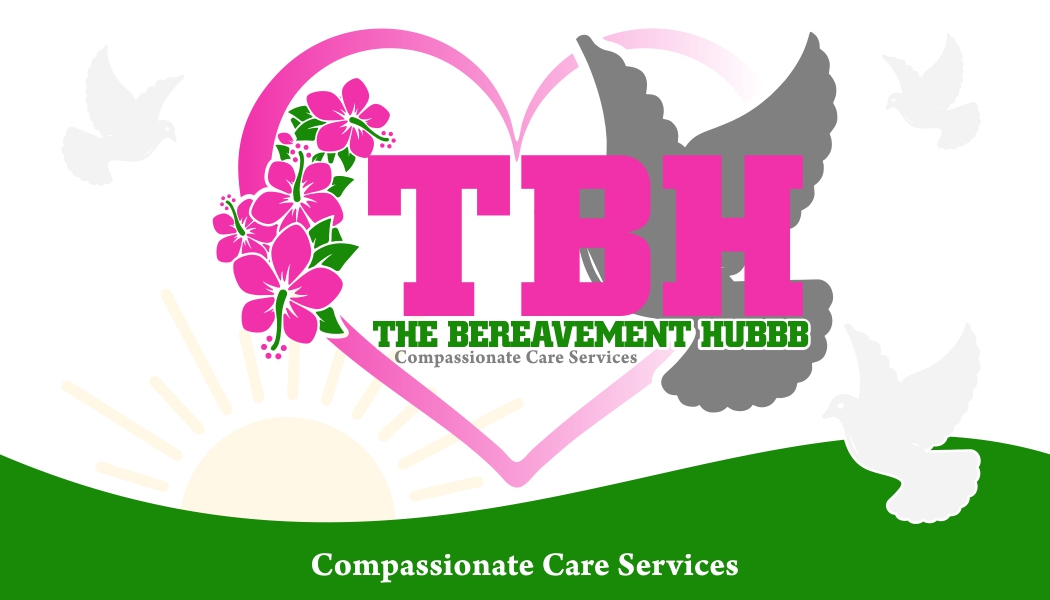
When Death Occurs
No matter if a death is sudden, or long time coming, the loss of a loved one makes us feel emotional and overwhelmed. No amount of preparation can fully prepare you for the loss of a loved one. When you are in a heightened emotional state, even the most basic decisions can seem staggering. Below there is a helpful guideline of what needs to be done within the first 24 hours after death.
What happens when a Death occurs?
If the person was not under medical care, the police will have to be notified immediately. The police will be dispatched to the location and place a call to the Coroner. Once the Coroner is contacted, he/she will advise and determine whether further action is necessary. The on call doctor will pronounce the death. In order for a funeral home of the family’s choice to remove the deceased the Coroner will ask about the medical history and if the doctor will be issuing the medical certificate.
The Coroner must authorize the release of the deceased first. If the person was not under medical care the body will be removed by the Government contracted removal team and await the pending of a Post Mortum.
Informing a Funeral Director
Once everything has been cleared with the proper authorities, then you should make an appointment at the funeral home. The role of the Funeral Director is to assist you with obtaining a proof of death certificate, transport the deceased, and in the event pre–planning was not done, select a casket/urn , arrange the funeral/memorial service, and notify the employer and insurance company of the deceased to assist with arrangements. The Funeral Director will work diligently on your behalf to relieve the stress and the logistics involved in funeral planning.
Meeting a Funeral Director
You should meet with a Funeral Director within 24 hours of a death to begin to make final arrangements for your loved one. Deciding on these final arrangements may seem like a very daunting task, especially when you are in heightened emotional state, but, funeral home staff have years of experience dealing with these issues, and strive to ensure everything goes as smoothly as possible.
Making Arrangements
First the Funeral Director will gather information required for the Statement of Death
Certificate.
If the funeral was not pre–planned, there are other matters to consider that may be necessary for your arrangements.
These include:
• Scheduling the location, date and time of the visitation and funeral service
• Selecting burial, shipping or cremation option
• Choosing funeral products
• Arranging a cemetery plot
• Preparing an obituary notice for the newspaper/radio
• Selecting a photo and clothing for your loved one
• Scheduling transportation arrangements
• Selection of flowers /gifts
• Selection of memorial stationary/ keepsake offerings
The Funeral Director will guide you through all these steps, using your wants, needs and desires as a foundation to create a memorable funeral for your loved one. From here the funeral services can be personalized. Did your loved one have a favorite sports team? What was their favorite type of music? Favourite travel destination? What activity was your loved one known best for or supported? Recalling fond memories assists with the grieving process and will help honor the life of your loved one.


